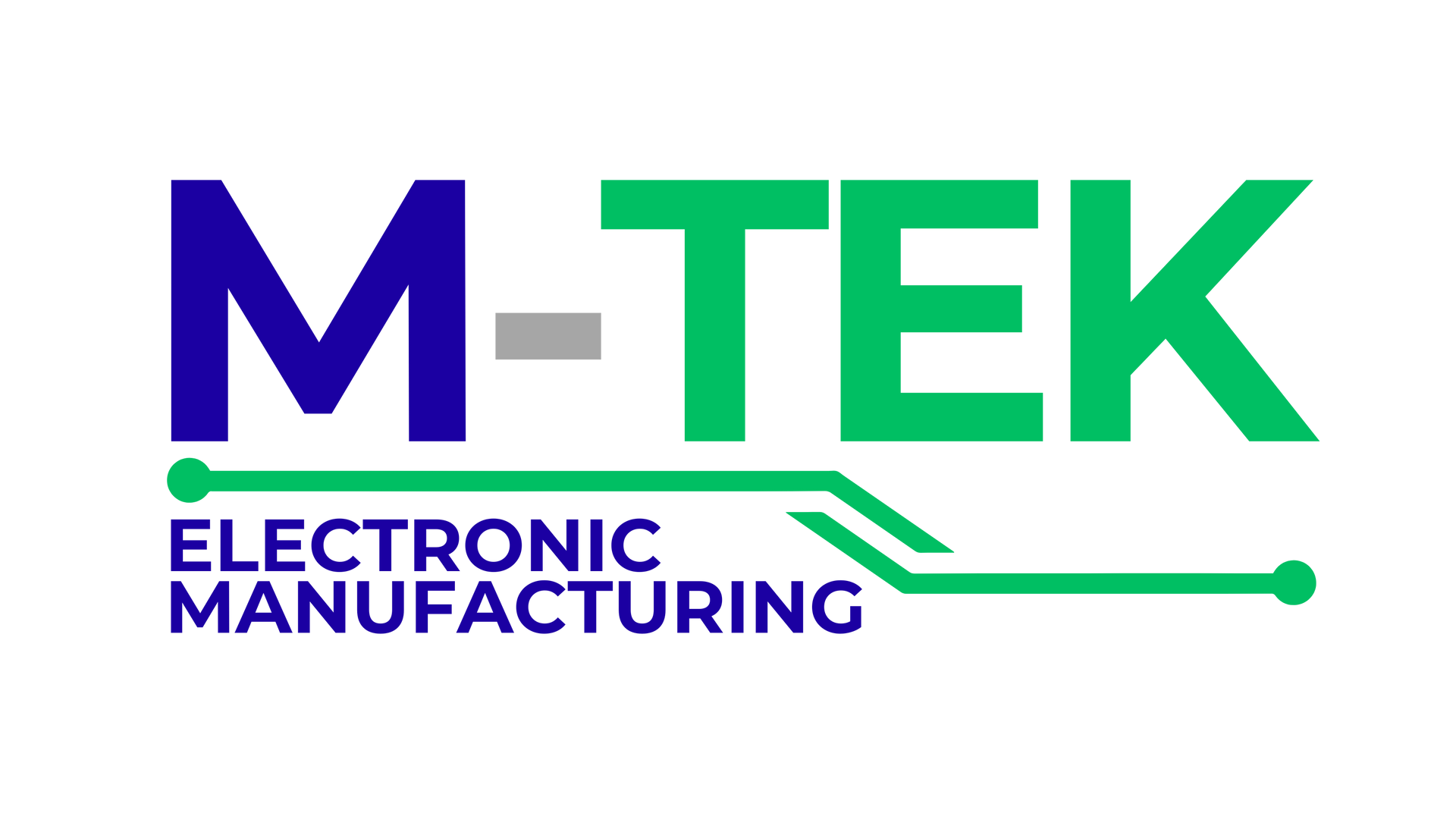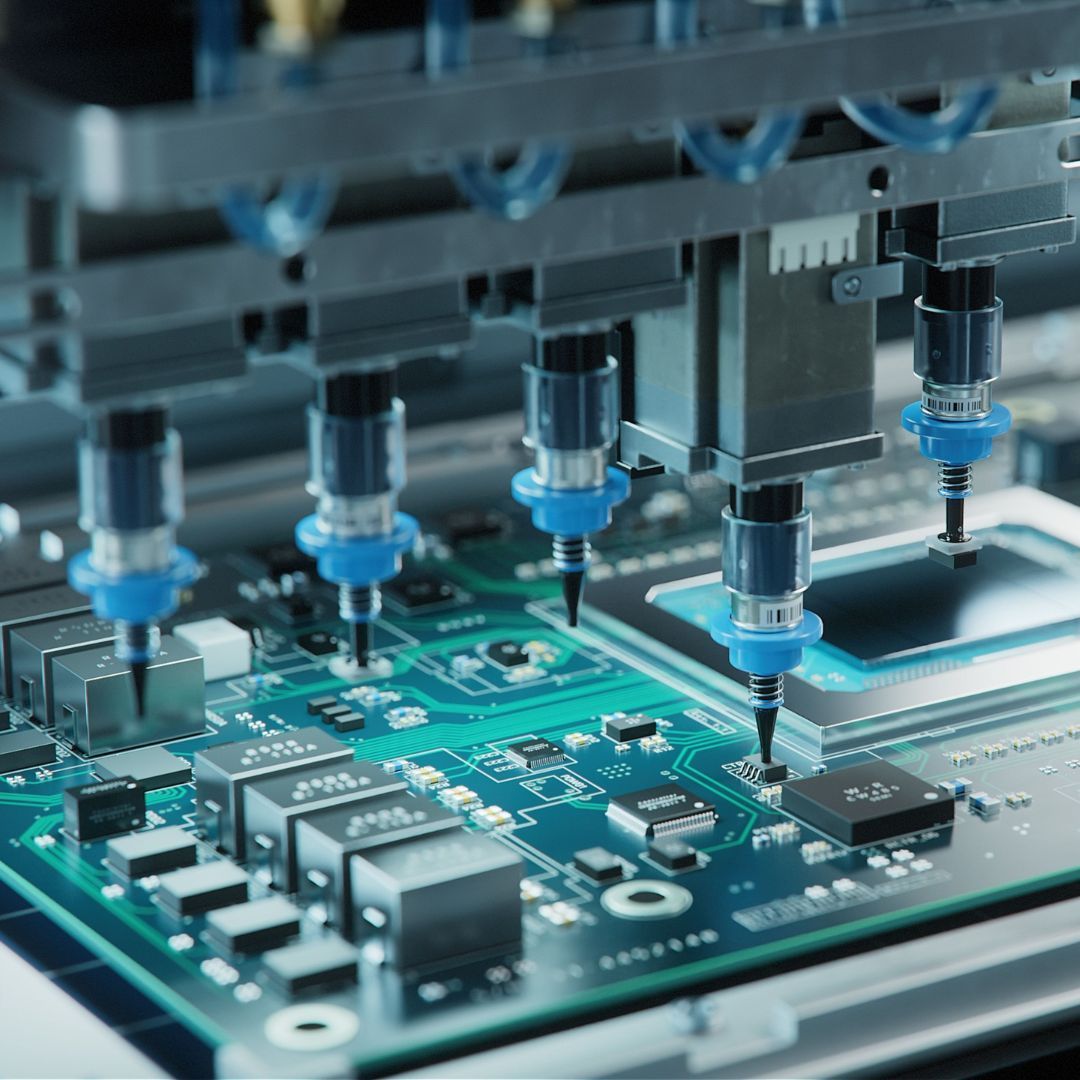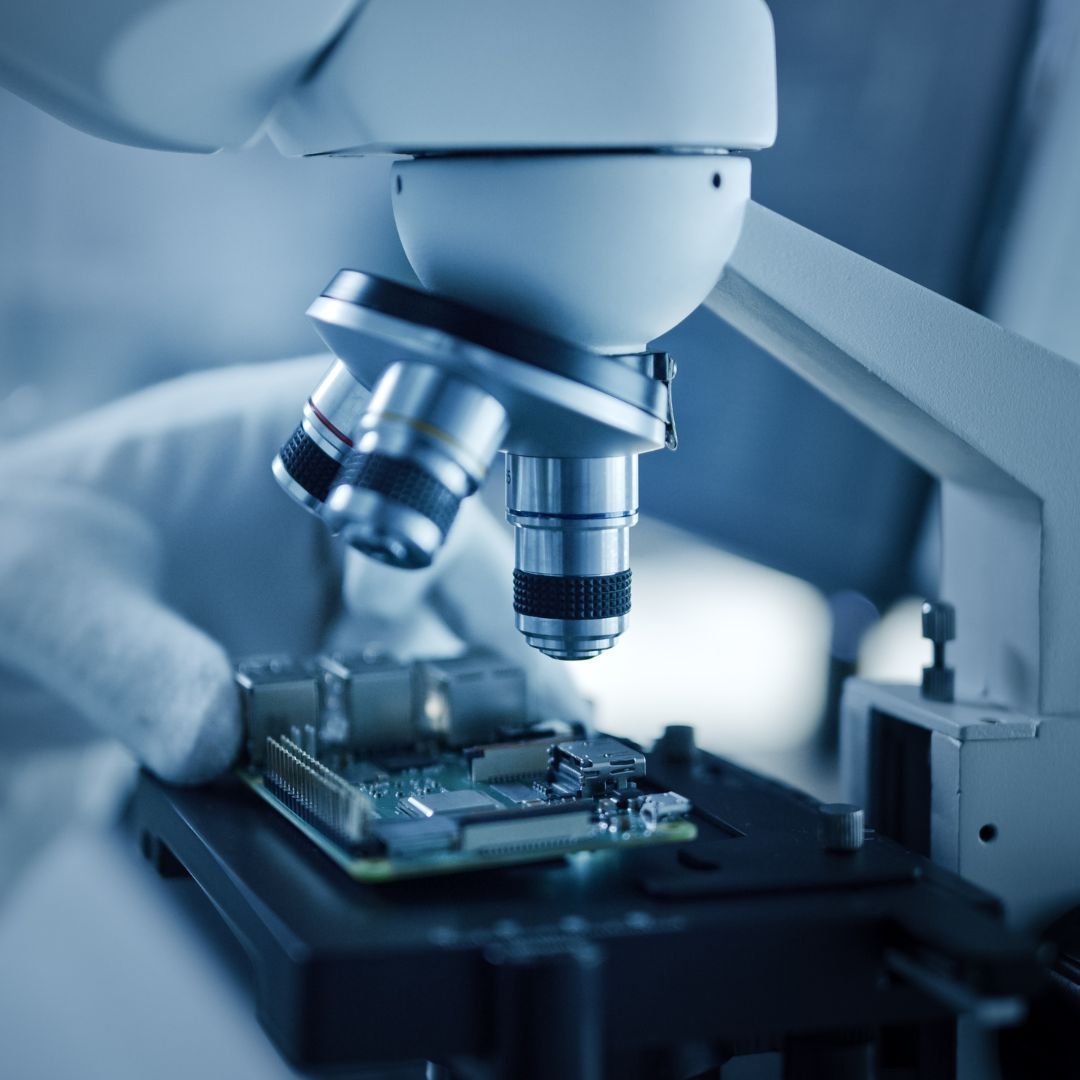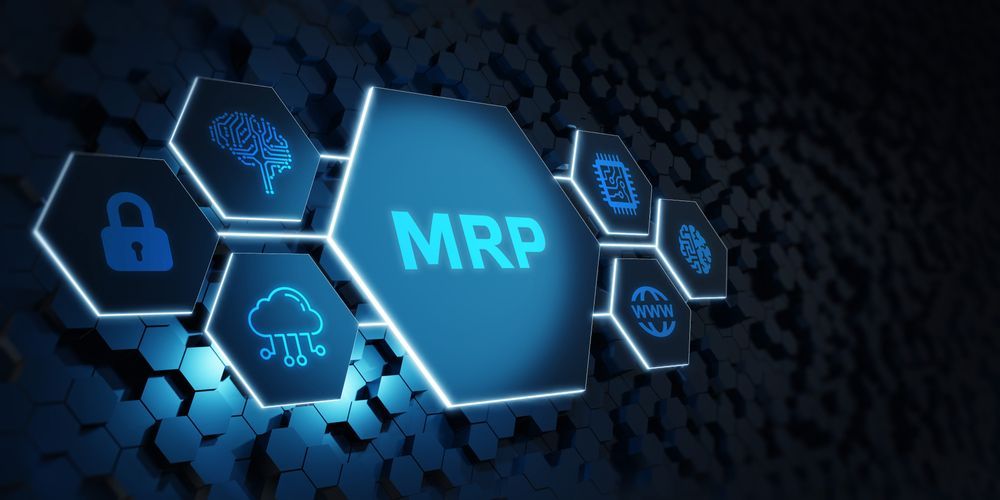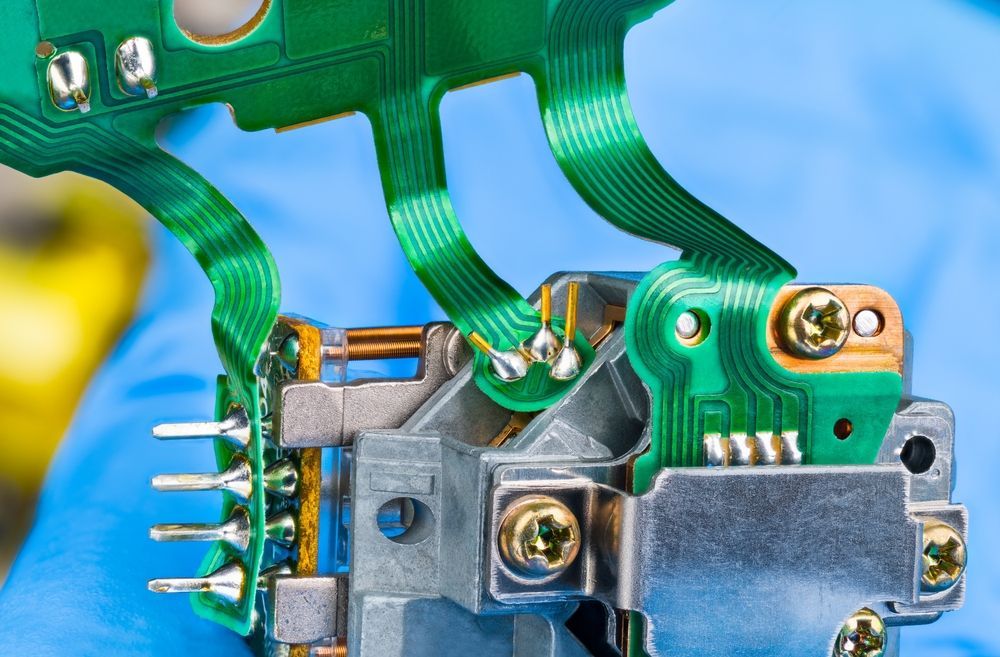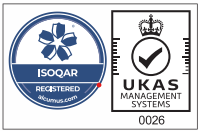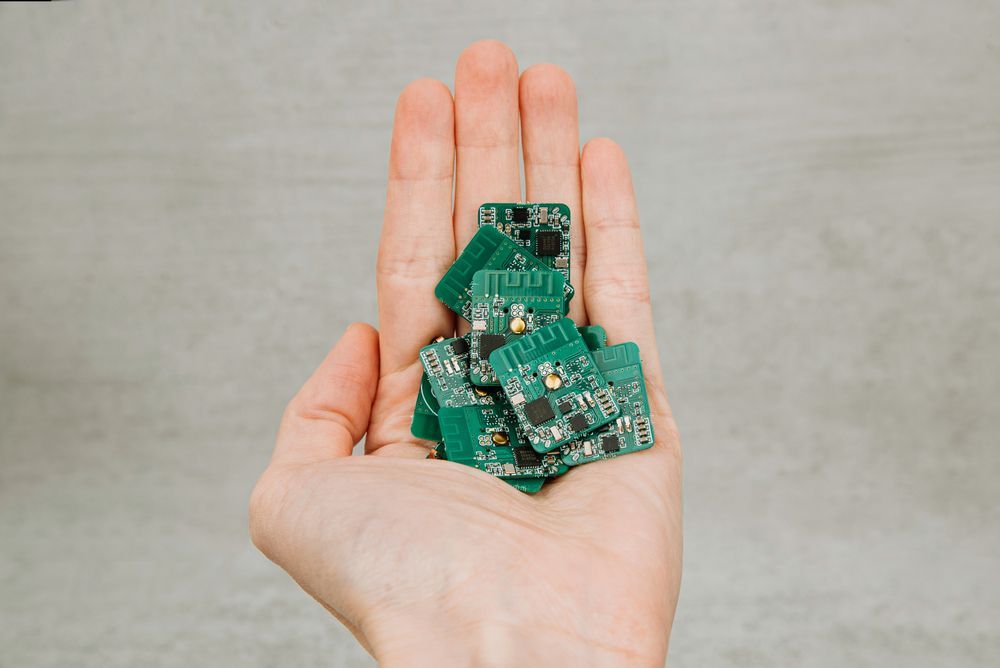
Rapid prototyping has become an invaluable tool. By creating physical models of designs quickly and efficiently, engineers and designers can test their ideas, iterate on designs, and gather valuable feedback early in the development process.
However, with a multitude of rapid prototyping technologies available, choosing the right one for your project can be a daunting task.
In this article, we will explore various rapid prototyping technologies and discuss important factors to consider when selecting the most suitable option for your specific project.
Rapid Prototyping and 3D Printing
3D printing, also known as additive manufacturing, has revolutionised the prototyping industry.
It involves building three-dimensional objects layer by layer from a digital model. There are several types of 3D printing technologies, including stereolithography (SLA), selective laser sintering (SLS), fused deposition modelling (FDM), and more.
Each technology has its strengths and limitations, so it is crucial to assess your project requirements before choosing one.
SLA technology is ideal for producing highly detailed prototypes with smooth surfaces. It excels in creating complex geometries, making it suitable for applications that demand intricate designs.
On the other hand, SLS is suitable for functional prototypes and parts with good mechanical properties. It can work with a wide range of materials, including nylon, glass-filled nylon, and thermoplastic elastomers.
FDM, the most commonly used 3D printing technology, offers a cost-effective and versatile solution, but its surface finish may be rougher compared to SLA or SLS.
CNC Machining
CNC (Computer Numerical Control) machining is a subtractive manufacturing process that utilises computer-controlled machines to remove material from a solid block, resulting in the desired shape. It is known for its accuracy, precision, and ability to produce parts from various materials such as metals, plastics, and wood.
CNC machining is ideal for projects that require high-quality finishes, tight tolerances, and functional prototypes made from engineering-grade materials.
It offers excellent mechanical properties and can withstand rigorous testing and functional evaluation.
Injection Moulding
Injection moulding is a widely used manufacturing process for producing high volumes of identical parts.
While it is not traditionally considered a rapid prototyping technology, it can be utilised for low-volume production runs or when the project requires the production of parts with the same characteristics as the final product.
Injection moulding is ideal for projects that require functional prototypes with precise geometries, complex details, and a wide range of materials.
It provides excellent surface finish and mechanical properties, allowing for thorough testing and evaluation. However, the tooling cost for injection moulding can be high, making it more suitable for projects with larger production volumes.
Laser Cutting and Etching
Laser cutting and etching are subtractive manufacturing processes that utilise a high-powered laser to cut or engrave materials such as acrylic, wood, paper, and fabric.
While not suitable for producing complex three-dimensional objects, laser cutting and etching excel at creating flat or two-dimensional prototypes, intricate patterns, or customised components.
This technology is particularly useful for projects that involve rapid fabrication of flat parts, such as electronic enclosures, signage, or decorative elements. It offers high precision, intricate detailing, and quick turnaround times.
However, it may not be the best choice for projects requiring functional prototypes or parts with complex geometries.
Factors to Consider
Project Requirements: Assess the specific needs of your project, such as material properties, surface finish, dimensional accuracy, and functional characteristics. Identify the technology that can best meet these requirements.
Time and Cost: Consider the project timeline and budget constraints. Some technologies offer faster turnaround times but may be more expensive, while others may have longer lead times but lower costs.
Quantity: Determine the required number of prototypes or parts. Some technologies are more suitable for low-volume production, while others are better suited for high-volume production.
Material Selection: Consider the availability of materials for each prototyping technology. Certain technologies offer a broader range of material options than others, allowing you to choose the most appropriate material for your project.
Expertise and Equipment: Evaluate your team's skills and the equipment available in-house. Some technologies require specialised knowledge or machinery, while others are more accessible and user-friendly.
Choosing the right rapid prototyping technology is crucial for the success of your project. By carefully considering your project requirements, timeline, budget, and desired outcome, you can make an informed decision and leverage the advantages of rapid prototyping to accelerate your product development process.
M-Tek
At M-Tek Assembly we have decades of experience We have accomplished a
net-zero carbon footprint by using electric vehicles, and for all PCBs we build, we plant a tree. Contact us today for assistance on anything regarding PCBs and rapid prototyping. Call
01189 455377 or follow us on
Twitter to learn more about our products and services.
Recent Posts
Call Our Team
Want to find out more about our PCB assembly services? Speak to our team to find out how we can help you.
Join the Newsletter
We will get back to you as soon as possible
Please try again later
